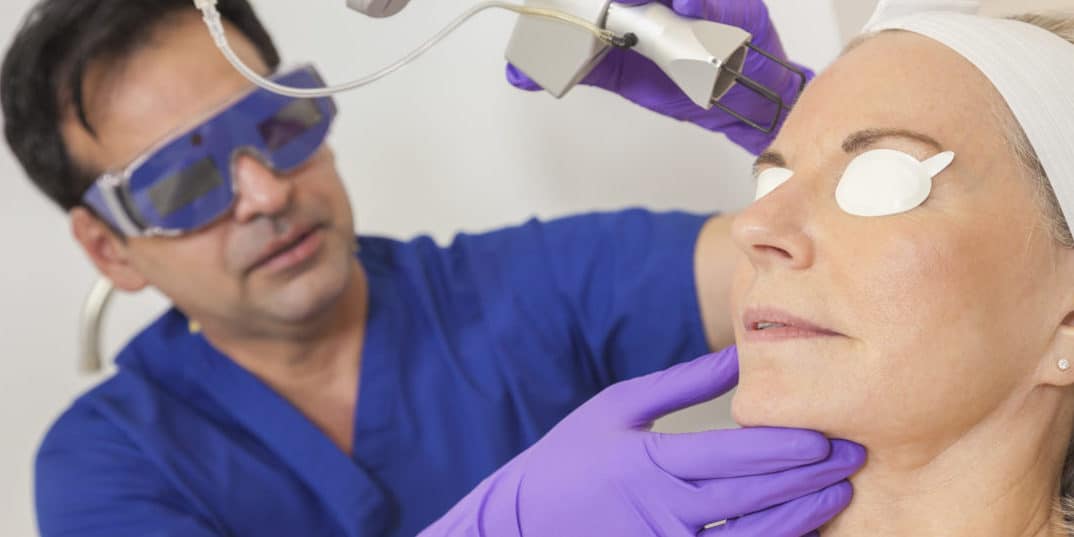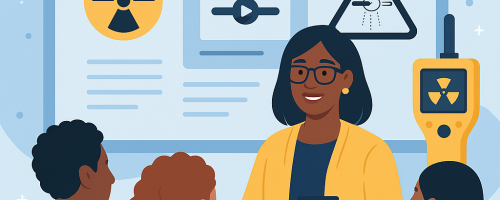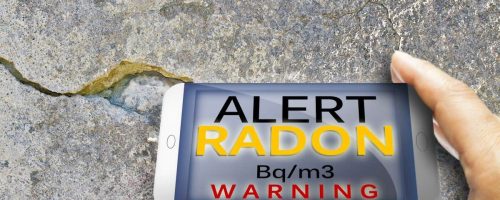Medical aesthetic clinics are everywhere, offering plenty of treatments that promise to improve your appearance. Included in these treatments are procedures involving lasers: hair removal, skin rejuvenation, tattoo removal. Are these treatments safe? Here are some things you need to know before “going under the laser”!
WHAT IS A LASER?
The term “laser” stands for “Light Amplification by Stimulated Emission of Radiation”, in simple words, a laser is a concentrated light beam and can be very powerful. What makes it unique, and very useful, is that the light produced is composed of one single colour at a specific wavelength, unlike a light bulb or flashlight in which the light is made up of a rainbow of colours. Another key difference between lasers and other sources of light is that light from ordinary sources like light bulbs spreads out in all directions, while the light from a laser is very focused and travels in an extremely narrow beam with a high power per unit area. These characteristics give lasers the opportunity to be used in many fields, from cutting and welding metals to laser surgery and skin treatments.
HOW ARE COSMETIC LASERS USED?
Laser use has become widespread in cosmetic dermatology. They are used for skin resurfacing, hair removal, tattoo removal, and improving the appearance of scars. Laser hair removal has become popular because of its
speed and efficacy. But keep in mind that the efficacy will depend upon the laser operator’s skills and experience, as well as the laser technology used in the procedure. Treatments require multiple sessions, 3 to 8 appointments and in some cases touch-ups will be still needed after the initial set of treatments. In the case of tattoo removals, the amount of time required for the removal of a tattoo and the success of the removal varies with each individual. Complete laser tattoo removal requires numerous treatment sessions, typically spaced weeks apart. Some of the factors that need to be taken into consideration include: skin type, location, color, amount of ink, scarring or tissue change, and layering. Laser resurfacing is a very controlled burning procedure in which a laser removes superficial layers of facial skin. It can remove not only wrinkles and lines caused by sun damage and facial expressions, but also acne scars, some folds and creases around the nose and mouth, and hence creating a fresh surface over which new skin can grow.
ARE COSMETIC LASER PROCEDURES DANGEROUS?
Cosmetic lasers treatments can be very effective, but they do come with risks: risks for the laser operators [1, 2] and risks for the patients undergoing therapy/treatment. As with any medical procedure, patients must be aware that they might experience certain complications which could be temporary or permanent. These could include:
- Prolonged redness of the skin
- Discomfort and/or pain
- Tenderness
- Skin reddening, or ushing, more easily
- Changes in skin’s pigmentation
- Scarring
- Burns or other injuries from the laser’s heat
- Bacterial infections
BE INFORMED!
Before making any decision to undergo cosmetic laser treatments, make sure you are well informed. Seek professional advice from a dermatology specialist and understand how or if your medical condition could benefit from a laser treatment. Make sure you ask questions about how the laser works and what the risks are. Be sure to ask questions about a potential therapy/treatment provider. They should be trained and qualified, they should explain the procedure and risks, and they should be following proper procedures. In this regard, it would be very useful to get a recommendation from your dermatology specialist. Useful information can be found on Health Canada’s webpage. [3]
Resources
To learn more, visit the following websites:
[1] https://www.ncbi.nlm.nih.gov/pmc/articles/PMC3799025/
[2] http://www.ccohs.ca/oshanswers/phys_agents/lasers.html
[3] http://www.hc-sc.gc.ca/hl-vs/iyh-vsv/med/laser-eng.php
If you want to read more:
http://www.healthline.com/health/laser-therapy#Overview1
http://www.tandfonline.com/toc/ijcl20/current







